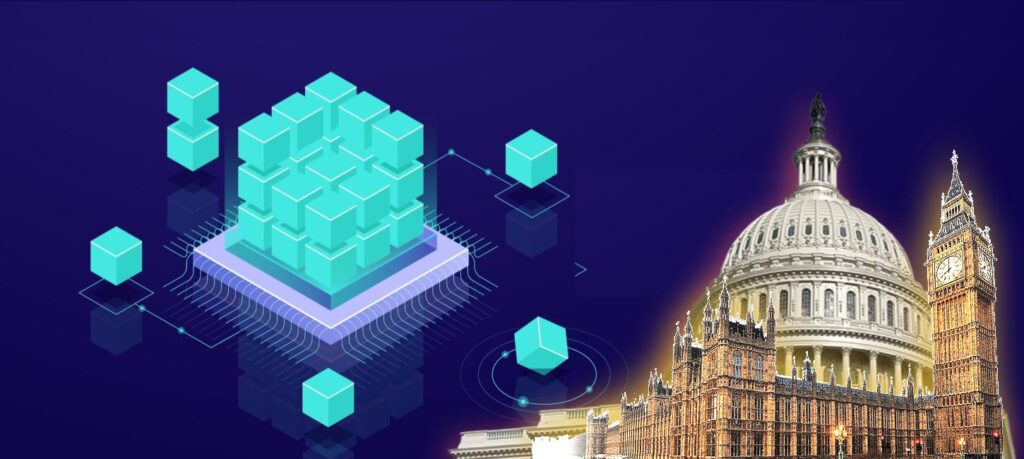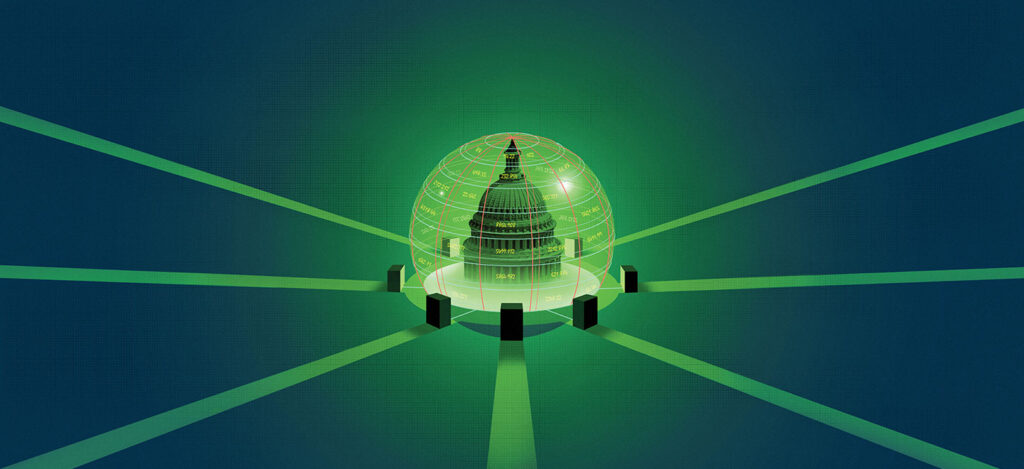Blockchain is an online database that allows users to store information securely. It was invented by Satoshi Nakamoto in 2008 and has since become a popular tool for storing data on the internet.
Decentralized Applications
Smart contracts can also be used to automate processes within organizations. For example, a company might use them to manage payroll, track inventory, or even issue stock options. These decentralized applications (or DApps) are often referred to as “blockchain 2.0” because they leverage the underlying distributed ledger technology while adding additional functionality.
The blockchain is essentially a shared database that records transactions between parties. In other words, it’s a public record of who owns what and when they acquired it. Because it’s a digital ledger, it’s immutable, meaning once something has been recorded, it cannot be changed. That makes it useful for tracking assets such as stocks, bonds, real estate, and cryptocurrencies. However, it’s also possible to create smart contracts using the blockchain. A smart contract is a computer program that automatically executes terms agreed upon by two or more parties.
Smart contracts could revolutionize the world of finance. For example, imagine if you could buy a house without having to go through a bank. Or if you could pay for goods online without having to worry about fraud. These are some of the possibilities that come from the use of blockchain technology.
Blockchain is a decentralized database that allows users to create digital records called blocks. Each block contains information about transactions that have occurred on the network. The blocks are linked together using cryptography, which makes them nearly impossible to tamper with. Because each transaction is recorded on the blockchain, there is no possibility of double spending. In other words, once a transaction has been completed, it cannot be reversed.

A decentralized application (or DApp) uses blockchain technology to provide a service that would otherwise require a central authority. For example, a decentralized marketplace could allow people to trade goods without having to trust a third party. Another example is a decentralized voting system that eliminates the risk of voter fraud.
Smart Contracts
A smart contract is a computer program that automatically executes when certain pre-determined conditions occur. This means that contracts can be executed without human intervention. In addition, these contracts can be programmed to execute only under certain circumstances, such as when a particular event occurs.
The blockchain technology behind Bitcoin has been used to create smart contracts. These contracts allow users to automate transactions between two parties. For example, if one party wants to sell his car, he could use a smart contract to transfer ownership of the vehicle to the buyer.
In addition to being useful for financial transactions, smart contracts can be used to track the provenance of goods. If you buy something online, you might want to know where it came from. A smart contract could record information about the origin of the product, such as who produced it, where it was manufactured, and what materials were used.
The blockchain technology behind bitcoin has been gaining traction in other industries, too. For example, IBM recently announced plans to use blockchain to help companies manage supply chains. And last year, the U.S. Department of Agriculture launched a pilot program to track beef products using blockchain technology.
Blockchain is a digital ledger system that allows people to transfer value from one party to another without the need for a middleman. In fact, it’s often referred to as the “world computer” because it provides a decentralized network where transactions can be verified and recorded.

The technology behind blockchain has been around since 2008, but it wasn’t until 2013 that the concept really took off. That year, Bitcoin was created, which allowed users to send and receive payments online using cryptocurrency. Since then, many other cryptocurrencies have been developed, such as Ethereum, Ripple, Litecoin, and Dash. These currencies allow individuals to create smart contracts, which are self-executing agreements between two parties. For example, if Alice wants to sell her house to Bob, she could use a smart contract to set up a payment schedule. Once the transaction is complete, both parties would know exactly what happened.
Brugu in Blockchain Technology
Blockchain has the potential to streamline any process that requires recording data or transactions, and data is shared across a multitude of people. At Brugu, we believe that blockchain technology will change many industries for the better in terms of transparency, efficiency, and digital trust. This is why we work on proof of concepts for many of our clients. It’s why we’ve invested so heavily in Blockchain technology.
If you’d like to get involved in its development, we invite you to contact us to talk about your ideas

 Speak to expert
Speak to expert
Comments are closed.